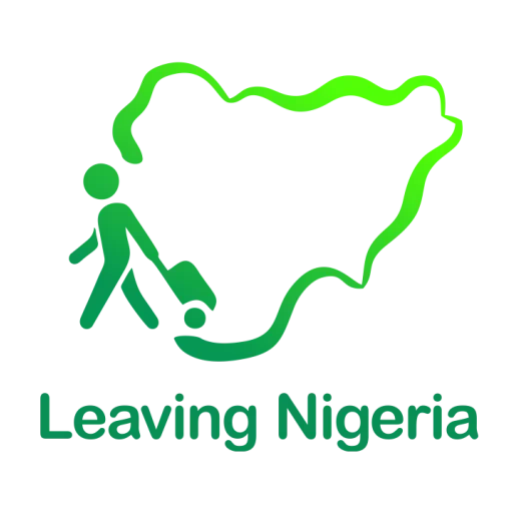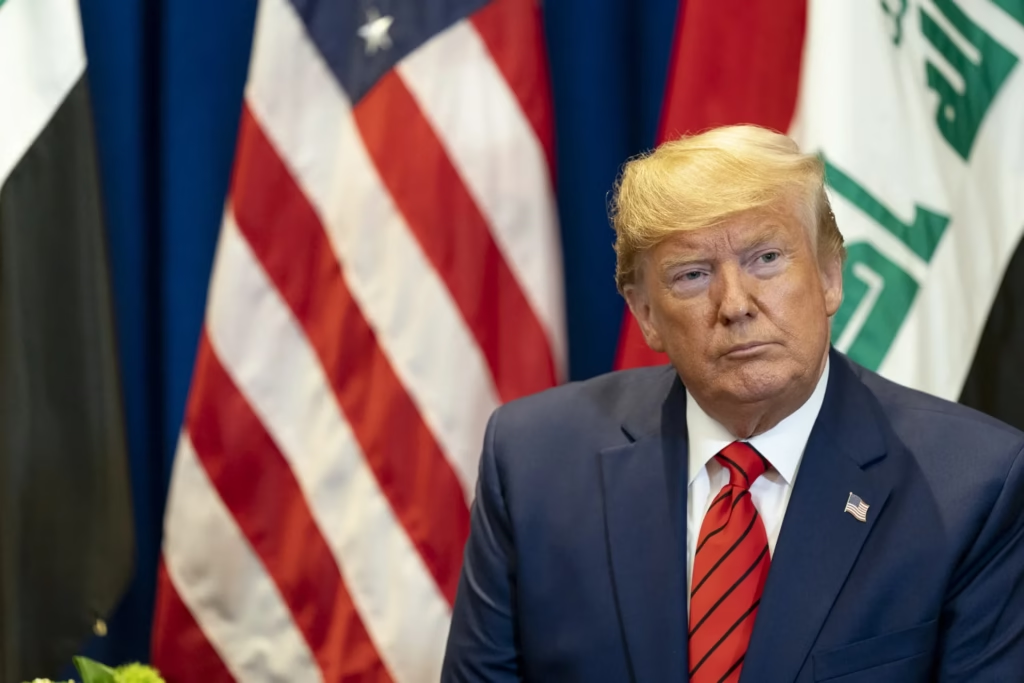Many Nigerians will be significantly affected as Trump hikes the H-1B visa fee to $100,000. U.S. President Donald Trump has signed a proclamation imposing an annual $100,000 fee on H-1B visa applications. The move is expected to significantly reshape the future of foreign professionals, including thousands of Nigerians, who rely on the H-1B program to secure high-paying jobs in the United States.
What is the H-1B Visa?
The H-1B visa is a non-immigrant visa classification that allows U.S. employers to employ foreign workers in specialised fields such as medicine, technology, and engineering. Traditionally, employers pay around $1,500 in administrative fees to process these visas, which are valid for three to six years. By raising the fee to $100,000 annually, the Trump administration has effectively made access to this pathway much more restrictive.
Trump Administration’s Position
Howard Lutnick, U.S. Commerce Secretary, announced that major corporations had already been briefed on the new fee.
“A hundred thousand dollars a year for H-1B visas, and all of the big companies are on board. We’ve spoken to them,” Lutnick said at an Oval Office event with Trump.
President Trump reiterated his long-standing view that companies should train American graduates instead of relying on foreign workers. He framed the policy as a corrective measure against decades of H-1B abuse. The visa program was designed to bring temporary, highly skilled workers into industries facing shortages. However, Trump and his advisors argue that it has been misused by employers to replace American workers with cheaper foreign labour.
The administration claims this practice has hurt both the economy and national security. Many companies have reportedly closed domestic IT divisions, laid off U.S. staff, and replaced them with H-1B workers hired at wages up to 36% lower. In some cases, Americans were forced to train their replacements before being let go.
Between 2000 and 2019, the number of foreign STEM workers in the U.S. more than doubled, from 1.2 million to nearly 2.5 million, while overall STEM employment grew by just 44.5%. Among computer and math occupations, the share of foreign workers rose from 17.7% to 26.1%. The administration argues that outsourcing firms exploited the system, pushing down wages and increasing unemployment among recent U.S. graduates.
Reports also reveal that several top tech companies laid off thousands of American workers while securing thousands of H-1B approvals in the same period. For the administration, such trends highlight the program’s misuse and potential security risks, including cases of fraud and money laundering.
Trump insists the $100,000 fee will deter abuse, protect American jobs, and ensure the program attracts only the “best of the best” foreign talent.
READ MORE:
All You Need To Know About The Updated Nigerian Tax Reform Bill
The Stakes for the U.S. Tech Industry
The H-1B visa program has long been a point of contention between Trump and the U.S. technology industry. Tech giants such as Amazon, Microsoft, and Meta rely heavily on foreign talent, including Nigerians, to fill critical roles.
- Amazon secured more than 10,000 H-1B visas in the first half of 2025.
- Microsoft and Meta each obtained over 5,000 approvals.
Given that two-thirds of H-1B jobs are computer-related, industry leaders warn that the fee hike could create severe talent shortages, harming U.S. innovation and competitiveness.
Supporters vs. Critics of the H-1B Program
- Critics argue that the visa suppresses wages and reduces opportunities for American workers.
- Supporters, including Elon Musk, CEO of Tesla, believe that foreign professionals are crucial in filling talent gaps and maintaining the U.S.’s global competitiveness.
For Nigerians, this debate translates into uncertainty. While the demand for Nigerian professionals in healthcare and technology remains strong, the steep cost of entry may discourage U.S. employers from pursuing Nigerian talent.
Impact on Nigerian Professionals
The proclamation signed by President Trump goes beyond being a general policy shift; it carries significant consequences for Nigerians, who are among the growing number of foreign professionals dependent on the H-1B program. Nigeria has one of the largest pools of English-speaking STEM graduates in Africa, with thousands seeking opportunities in the U.S. annually. Many of these professionals, particularly in medicine, engineering, and IT, have relied on the affordability of H-1B visas as a pathway to employment and eventual permanent residency.
By imposing an annual $100,000 fee, the cost of sponsorship places Nigerians at a disadvantage for two key reasons:
-
Employer Reluctance to Sponsor Nigerians: Many U.S. employers, especially small and mid-sized firms, will likely avoid the steep fee by prioritising American workers or only sponsoring the most elite international candidates. For Nigerian professionals, this reduces the availability of job offers and sponsorship opportunities.
-
Widening Inequality in Access: Nigerians who could previously compete on merit may now face a systemic barrier. Only applicants affiliated with large multinational corporations that possess substantial financial resources may have a chance of securing sponsorship, thereby further concentrating opportunities among a small group of well-connected individuals.
This shift could also accelerate the ongoing “brain drain” in Nigeria. Skilled workers unable to pursue opportunities in the U.S. may redirect their ambitions toward countries with more accessible immigration systems, such as Canada, the U.K., and Australia. While these nations may benefit from Nigerian talent, the U.S. risks losing a highly motivated and well-educated workforce that has historically contributed to its healthcare and technology sectors.
For young Nigerian graduates, particularly in computer science and engineering, the proclamation raises a pressing question: should they continue to aim for the U.S. or strategically pivot toward other nations where their skills are more readily welcomed?
READ MORE:
Canada’s Foreign Worker Program Tightens: PM Mark Carney’s Reforms and What They Mean for Professionals
What This Means Going Forward
The annual quota for the H-1B visa program remains at 65,000 visas, with an additional 20,000 for applicants holding advanced degrees. However, with the new $100,000 annual fee, employers may significantly scale back their international recruitment efforts.
For Nigerians to be affected as Trump hikes the H-1B visa fee to $100,000, this policy could slow down migration trends, particularly among skilled professionals seeking opportunities in America. It may also encourage Nigerian talent to look toward other destinations, such as Canada, the U.K., and Australia, where immigration pathways are more accessible.
Discover more from Leaving Nigeria
Subscribe to get the latest posts sent to your email.





